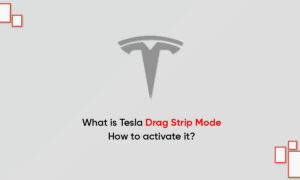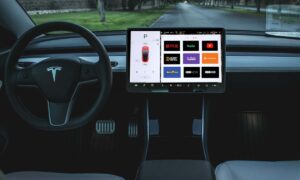The European Union and South Korea have raised concerns over a proposed U.S. tax credit program for electric vehicle purchases, saying it “discriminates” against other countries-made cars and violates World Trade Organization (WTO) rules.
The U.S. Senate passed the $430 billion Inflation Reduction Act last week, announcing it would remove the $7,500 cap on electric vehicle tax deductions while imposing restrictions that require battery components and key minerals to be sourced from North America.
JOIN TIP3X ON TELEGRAM
“We consider this to be discriminatory, discriminatory against foreign producers relative to U.S. producers, and not in line with WTO rules,” a European Commission spokesman said.
She added: “We need to ensure that the measures introduced are fair and non-discriminatory. Therefore, we continue to urge the United States to remove these discriminatory elements from the bill and ensure that it is fully WTO-compliant.”

South Korea’s trade ministry issued a statement saying it had asked U.S. trade authorities to relax battery components and vehicle final assembly requirements. Hyundai Motor Co and battery makers LG Energy Solution, Samsung SDI, and SK held a joint meeting, and the South Korean companies asked for support from South Korean authorities to push for the bill not to put them at a competitive disadvantage in the U.S. market.
South Korea has sent a letter to the U.S. House of Representatives asking the U.S. to include electric vehicle and battery components manufactured or assembled in South Korea within the scope of U.S. tax incentives. Hyundai Motor Co. was disappointed, criticizing the current legislation, which severely limits the use and choice of electric vehicles for Americans, and could significantly disrupt the auto industry’s transition to a sustainable direction.
The plan not only sparked dissatisfaction in the EU and South Korea but also sparked discussions in the United States. Some automakers said last week that most electric models would be ineligible for tax credits due to requirements that battery components and key minerals must be sourced from North America.














